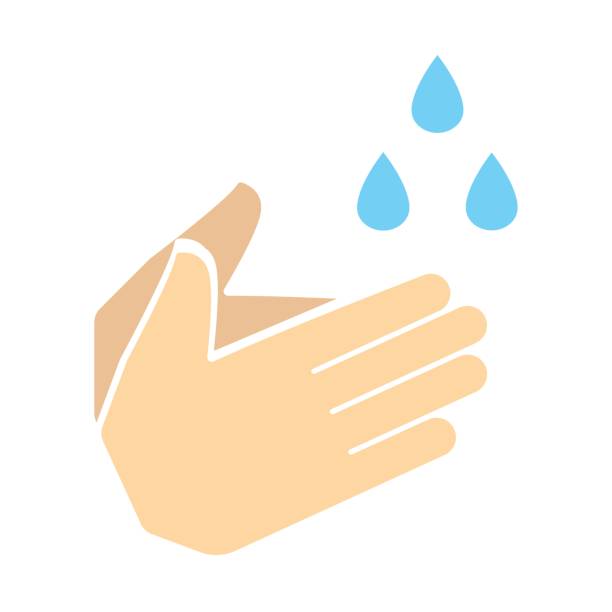Dear Ainsley,
I’m very scared of this emerging coronavirus that’s been spreading around the world and killing people. My friends tell me that I’m the type of person who thinks of the worst case scenario when it comes to my wellbeing. Whenever I am near people who cough, I get worried that I might catch something. I hear this disease started in China. Should I be avoiding eating Chinese food or going to places frequented by Chinese people? What can I do to prevent getting this virus?
Sincerely,
Worried Sick About Getting Sick (WSAGS)
Hi WSAGS,
It is normal to feel a sense of panic when there seems to be a constant stream of sensationalized information being flashed on our screens. The first thing to address is your fear of illness itself. It is okay to be worried about being sick, but if you or your friends are noticing that your health is causing an excessive level of anxiety, it may be time to see a doctor. Not only will a checkup with a physician give you an actual indication of any illness, they can also refer you to a mental health professional if this worry has been causing problems in your life. This type of worry is known as illness anxiety disorder and is a real issue that can become debilitating if left untreated.
With regard to the coronavirus, it is important to know that while the World Health Organization (WHO), has described this epidemic as a global health emergency, the risk to students at McGill remains low, according to federal and provincial public health organizations. At this point, protecting yourself means washing your hands thoroughly with soap and warm water, as well as sneezing or coughing into your arm to reduce the spread of microbes. These pieces of advice are always good to follow even in the absence of the coronavirus outbreak, since there are other more commonplace illnesses that are caught in the same way as this virus, such as the common cold or the flu.
An even more contagious aspect of this virus is the spread of disinformation on the Internet. Social media sites, such as Twitter and Facebook, have historically done very little to stop the spread of false information and, with this outbreak, the issue of falsehoods is no different. Many reports have exaggerated or falsified claims on the origins and reach of this virus so make sure that any news about the virus that you are getting is from a credible, primary source, such as the WHO or the Public Health Agency of Canada.
A particularly appalling result of this hysteria and disinformation that needs to be addressed is the rise of racism against Chinese people. It is easy to get caught up in all this fear-mongering and start panicking but being mindful of those who are most affected by this outbreak is as important as ever. They are as scared of this virus as you are and offering support through solidarity in this difficult time is key. This means not fuelling attitudes around this outbreak that exclude or harass Chinese communities. A prominent example of this prejudice is the one surrounding the ‘bat soup’ theory, which supposes that the virus came from the alleged ‘bizarre’ delicacies of Asian people. These stereotypes are based on a form of Western exceptionalism and disregards the fact that many diseases come from contact with animals that North Americans eat everyday, such as the swine flu, which comes from pigs, and diarrheal E. coli, which comes from eating unwashed meat. Another aspect to note is that Asian-run businesses here in Canada are at no greater risk of having this virus than other businesses, so you have nothing to worry about when eating Chinese food here in Montreal. In a time that can be distressing for those who have ties to China, you have to remember to be kind. What is more dangerous than spreading sickness is spreading hate.
Stay well,
Ainsley
Do you have questions about love, life, and other things? You can Ask Ainsley in this anonymous form (link) for a chance to be featured in an upcoming article!









